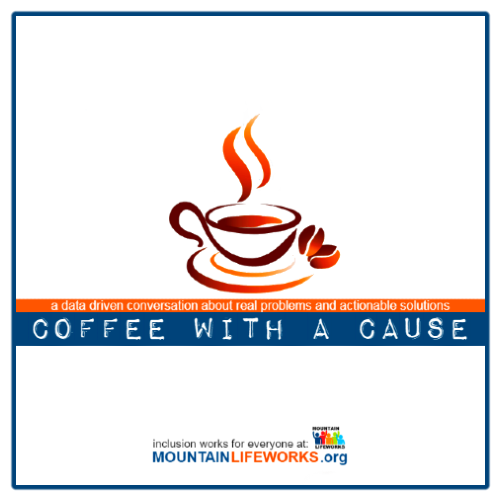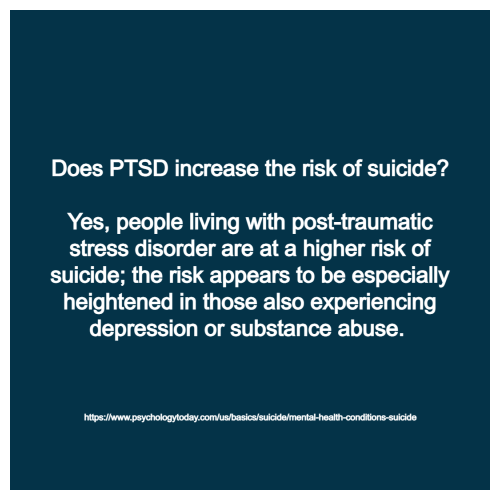
JUNE 2023 brain awareness month
June is Alzheimer's &
Brain Awareness Month. More than 6 million Americans are living with
Alzheimer's. 1 in 3 seniors dies with Alzheimer's or another
dementia, it kills more than breast cancer & prostate cancer
combined. In 2023, Alzheimer’s and other dementias will cost the
nation $345 billion. Of the total lifetime cost of caring for
someone with dementia, 70% is borne by families either through
out-of-pocket health and long-term care expenses or from the value
of unpaid care.
Alzheimer's takes a devastating toll on
caregivers.
Over 11 million Americans provide unpaid care for people
with Alzheimer's or other dementias. In 2022, unpaid caregivers
provided an estimated 18 billion hours of care valued at $339.5
billion. 83% of the help provided to older adults in the
FastStats - Alzheimers Disease (cdc.gov)
Alzheimer's Facts and Figures Report | Alzheimer's Association
colorado-alzheimers-facts-figures-2023.pdf

Coffee with a Cause june 2023
Cognition
is the leading category of disability in
There are currently about 12 million people
in the
Disability & Health U.S. State Profile Data: Colorado | CDC
NIMH » Post-Traumatic Stress Disorder (nih.gov)
PTSD Basics - PTSD: National Center for PTSD (va.gov)

Coffee with a Cause june 2023
PTSD among veterans and crime victims is often easier to identify or self-identify due to documentation and diagnostics. They also have trained professionals looking to treat PTSD and organizations who help advocate and support their programs. Meanwhile NAMI reports 65% of Americans still believe there are stigmas associated with mental health conditions and / or seeking treatment. This is a key consideration over-looked as it pertains to patients and caregivers with PTSD who are more likely to be misdiagnosed or self-diagnosed as just tired or depressed.
While more often associated with combat or crime PTSD can result after trauma caused by accidents, caregiving, chronic medical conditions and disabilities. But, the triggers and traumas experienced by patients, parents and professionals are often more difficult to qualify and document. Research from the NIH and others indicates that in fact PTSD has greater prevalence among select groups compared to the general population including: parents of children with Autism, family caregivers to older adults with Alzheimer's and dementia, and cardiac patients and heart attack survivors to name a few.
Autism Parents May Be At Risk For PTSD (disabilityscoop.com)
Remember a balanced approach uses verified data to identify problems and to propose actionable solutions. Only those willing to have difficult conversations can solve difficult problems. The first step to solving any problem is accepting the data indicating a problem... not blaming the messenger or method of delivery.
So join us for Coffee with a Cause and let's keep the conversation going each month with more data and actionable real life solutions!